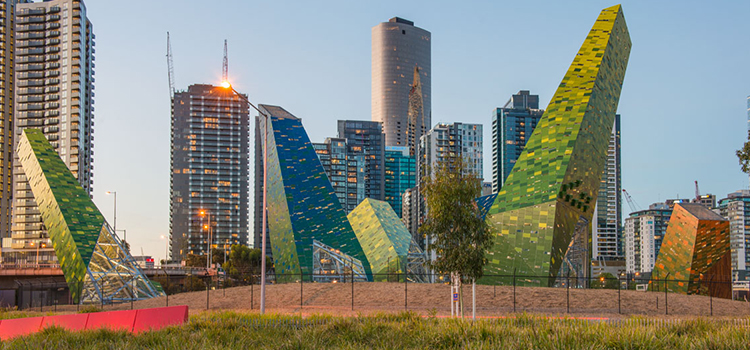When going above and beyond makes sense
Why do some companies choose to go above and beyond when it comes to environmental conservation and community engagement initiatives even when it doesn’t mean a bottom line benefit? How can executives be convinced to green-light non-revenue generating initiatives, and if the reward isn’t financial, what is it?
The answer to these questions varies from business to business, but when it comes to Transurban, we know that the initiatives undertaken through its partnership with Landcare Australia are about a clear alignment with its sustainability strategy. The pillars of the Transurban sustainability strategy are:
- Be good neighbours
- Use less
- Think long term

Rather than a group of objectives that read well as part of a glossy strategy paper, these clearly align with the company’s business, and are actively brought to life in a very tangible way through the projects and initiatives Transurban invests in.
Having partnered with Transurban in 2014, Landcare Australia is managing three significant environmental regeneration projects in Melbourne and Sydney as part of the company’s Motorscapes program and broader community commitments. This program is about new thinking around how unused sites near Transurban roads can be regenerated to benefit communities and surrounding environments.
The regeneration of Melbourne’s Power St Loop has seen improved ecological value of the project site, with the planting of 18,000 native plants to create habitat, sequester carbon and help mitigate the urban heat island effect in the area. It has also seen local communities engaged, and educated about the importance of biodiversity in cities.
Currently underway alongside the CityLink Tulla Widening works in Melbourne are two Urban Landcare projects. As well as the environmental benefits these will provide, they will see hands-on engagement by local communities, who have been involved as key stakeholders since the ideas stage of the projects.
In Sydney, a substantial bush rehabilitation and water quality improvement project is underway on a five hectare site between the Hills M2 Motorway and Lane Cove National Park. To date the rehabilitation works have seen the removal of dense invasive weed populations, creek stabilisation works, and revegetation. Ultimately this project will create healthy functioning ecosystems and improve the quality of water flow into the Lane Cove River.
The benefits of Transurban’s Motorscapes Program for the environment and local communities are clear. As far as business benefits are concerned, Transurban’s maintenance costs will be reduced over time through establishing significant areas of native planting and a proportion of its carbon emissions will be captured through the vegetation.
Motorscapes is an example of what can be achieved when the long-term benefits of a Sustainability Strategy are recognised and valued at all levels in the business, and the support provided internally and externally to bring programs like it to life.



